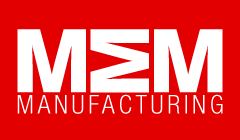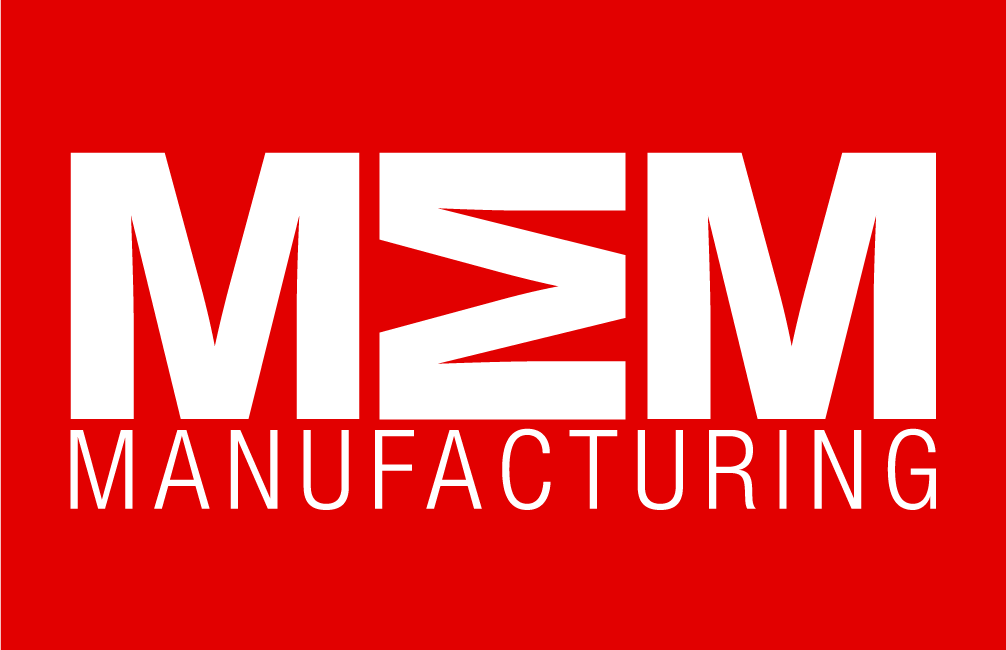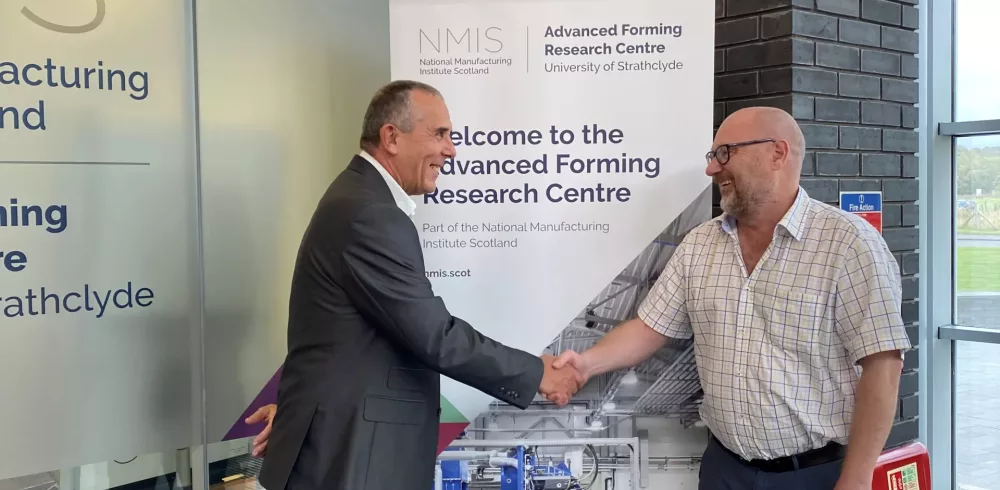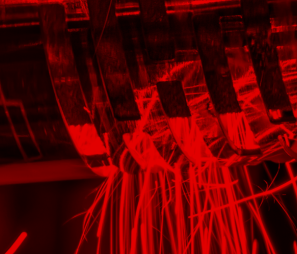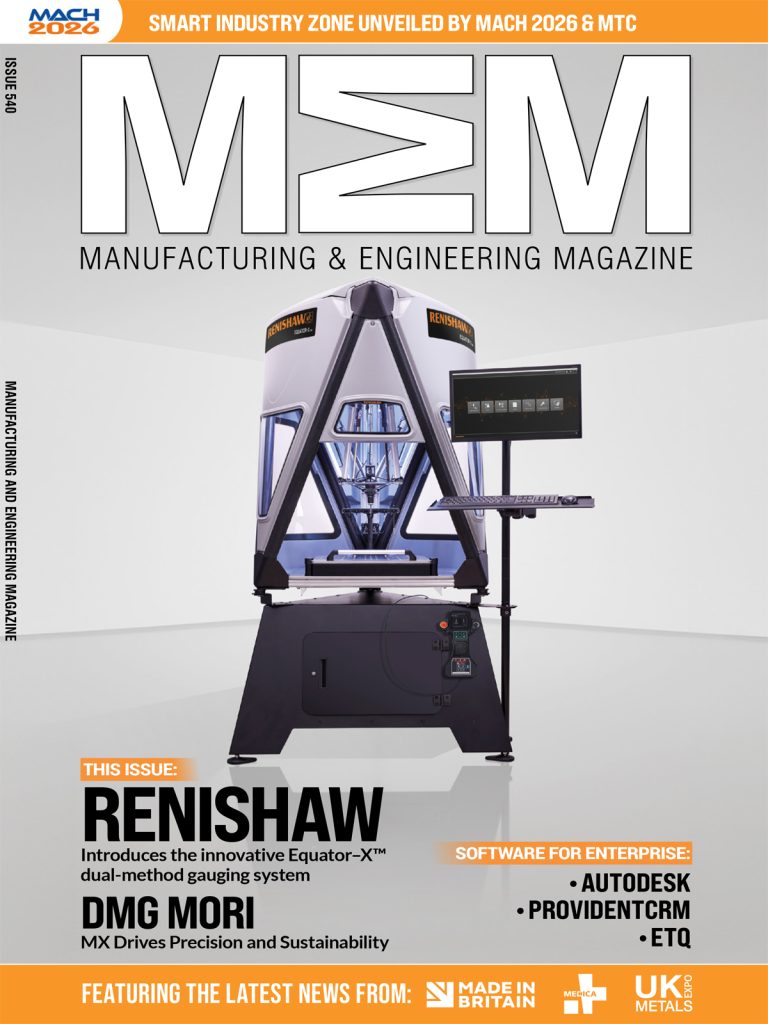The University of Strathclyde’s, Advanced Forming Research Centre (AFRC), part of the National Manufacturing Institute Scotland Group and ITP Aero, has co-developed a project to minimise energy use and material waste, and enhance productivity throughout the lifecycle of the aerospace superplastic forming process.
The three-year, £750,000 project aims to develop a predictive tool to identify the lowest temperature possible for successful superplastic forming (SPF) across ITP’s product range.
The tool will be capable of predicting microstructure evolution, damage initiation, and alpha-case formation during SPF. This will be based on experimental data, in addition to predicting the process parameters necessary for the SPF of industrial scale parts.
Achieving a reduction in the forming temperature, without compromising the dimensional accuracy or performance of the formed component, will lead to a range of environmental and economic benefits, supporting ITP Aero’s commitment to being a net zero company by 2050.
These benefits include:
- Directly reduced energy consumption, and therefore the carbon footprint and cost.
- Reduced formation of a hard, brittle, oxygen-rich layer (so-called alpha case) in the formed component, leading to the feasibility of using less chemically intense methods or mechanical methods for its removal.
- An increased number of process cycles, before dyes need to be cleaned, and the use of less expensive tooling materials, leading to enhanced productivity.
Professor Brad Wynne, Director of the Advanced Forming Research Centre and Academic Principal Investigator said:
“This is the first time this integrated modelling approach – combining the damage to the part and tool with the SPF process – has been undertaken and validated at an industrial scale.
“This project will build a fundamental understanding of how industrial practice delivers sustainability and productivity benefits. It will also underpin the developing relationship between the Advanced Forming Research Centre and ITP.
“We will carry out extended visits to ITP production facilities and host an ITP researcher on-site at the AFRC throughout the project, to enable close collaboration and knowledge transfer, as well as identifying further topics for collaborative research. We are looking forward to working with Mark and the ITP team to further develop our shared vision.”
Mark Dodds, Research and Technology Manager for ITP Aero UK and Business Principal Investigator, said:
“ITP Aero UK is proud of its advanced forming capabilities. We have committed to achieving net zero carbon emissions by 2050 and, as a first step, carbon neutrality in our operations by 2030.
“Our hot-forming capabilities require a lot of energy. We need to understand the process and find the most effective way of achieving it; using optimum parameters and the latest coating to reduce friction during the forming process. We then reduce the amount of post-processing, by lowering the level of alpha case produced. The ultimate aim of this process is to decrease energy; eliminating waste at every stage of the manufacturing process.
“This project will enable the relationship between the ITP and the AFRC to develop. Both organisations complement each other in their fields of expertise, and together we can achieve so much more.”
The project is one of nine that have been funded through a near- £5M investment by the Engineering and Physical Sciences Research Council (EPSRC), matched with funding from the business partners to address industry-driven challenges and support the development of early stage academic-business research collaborations.
Manufacturing & Engineering Magazine | The Home of Manufacturing Industry News
